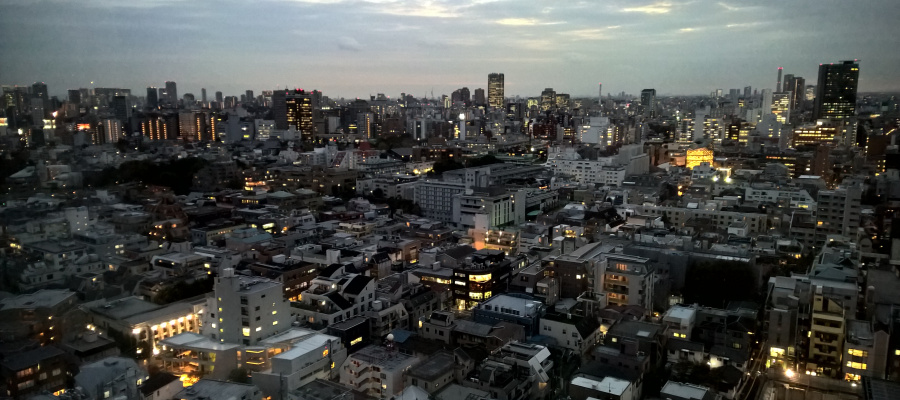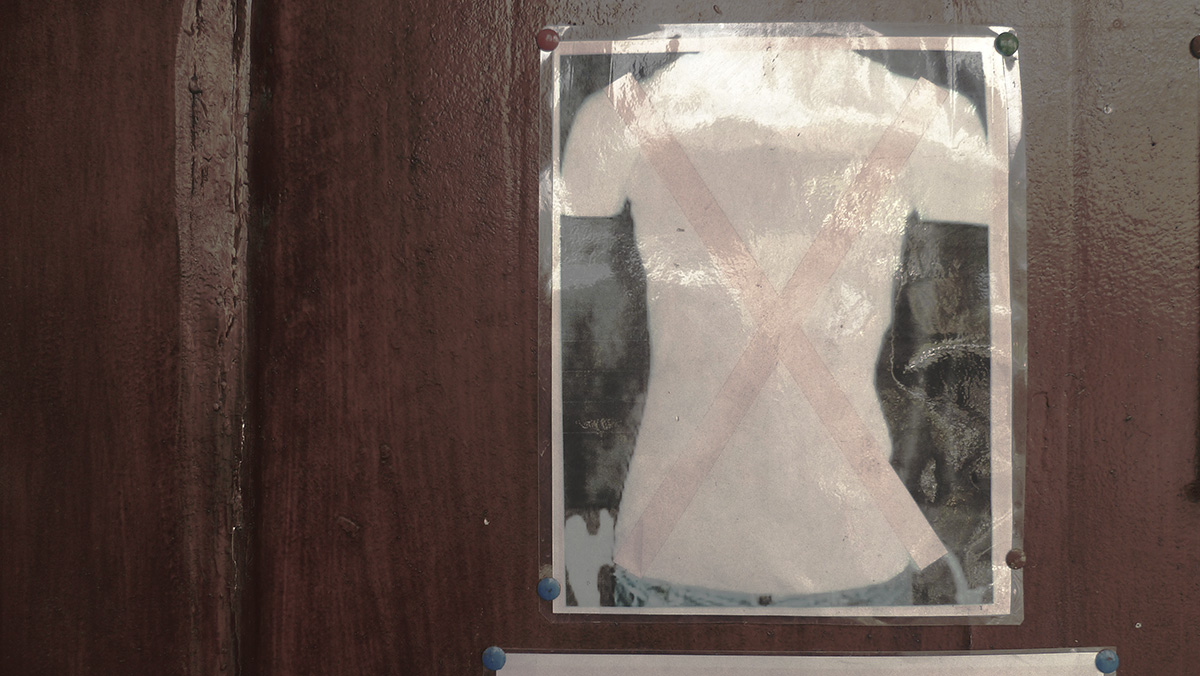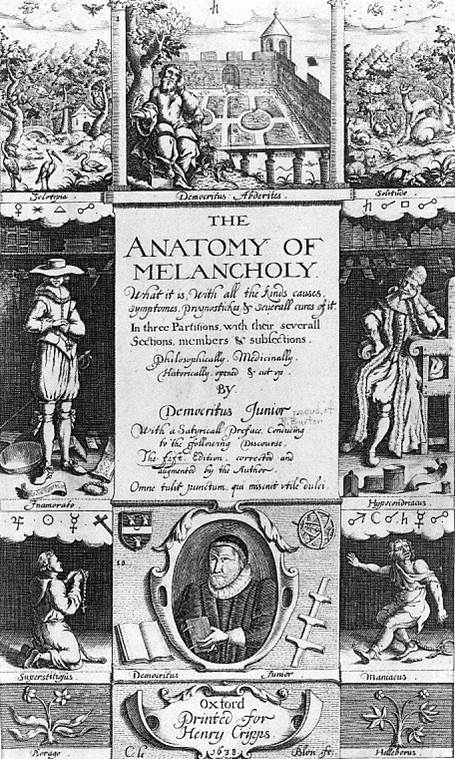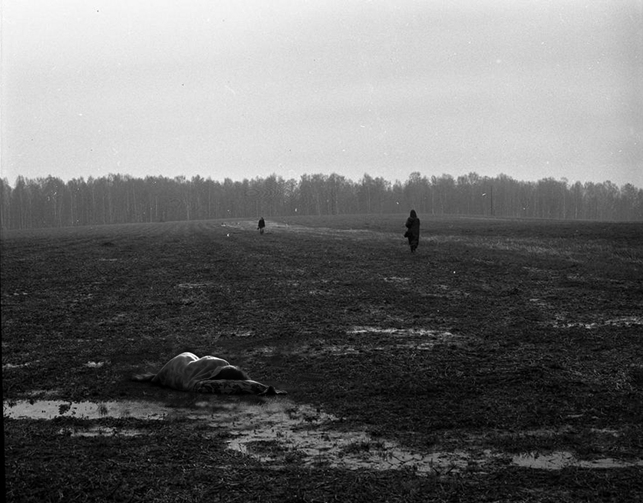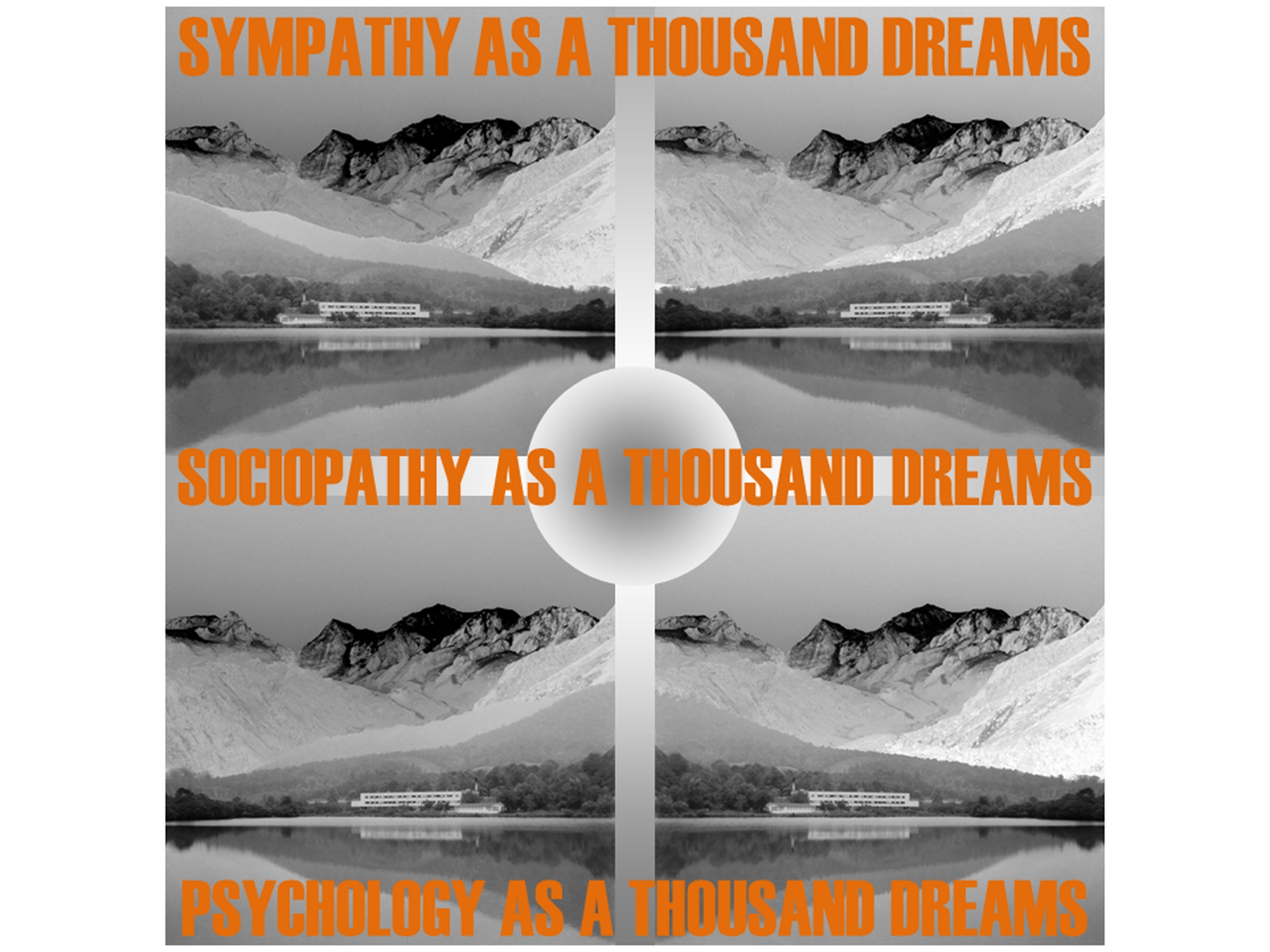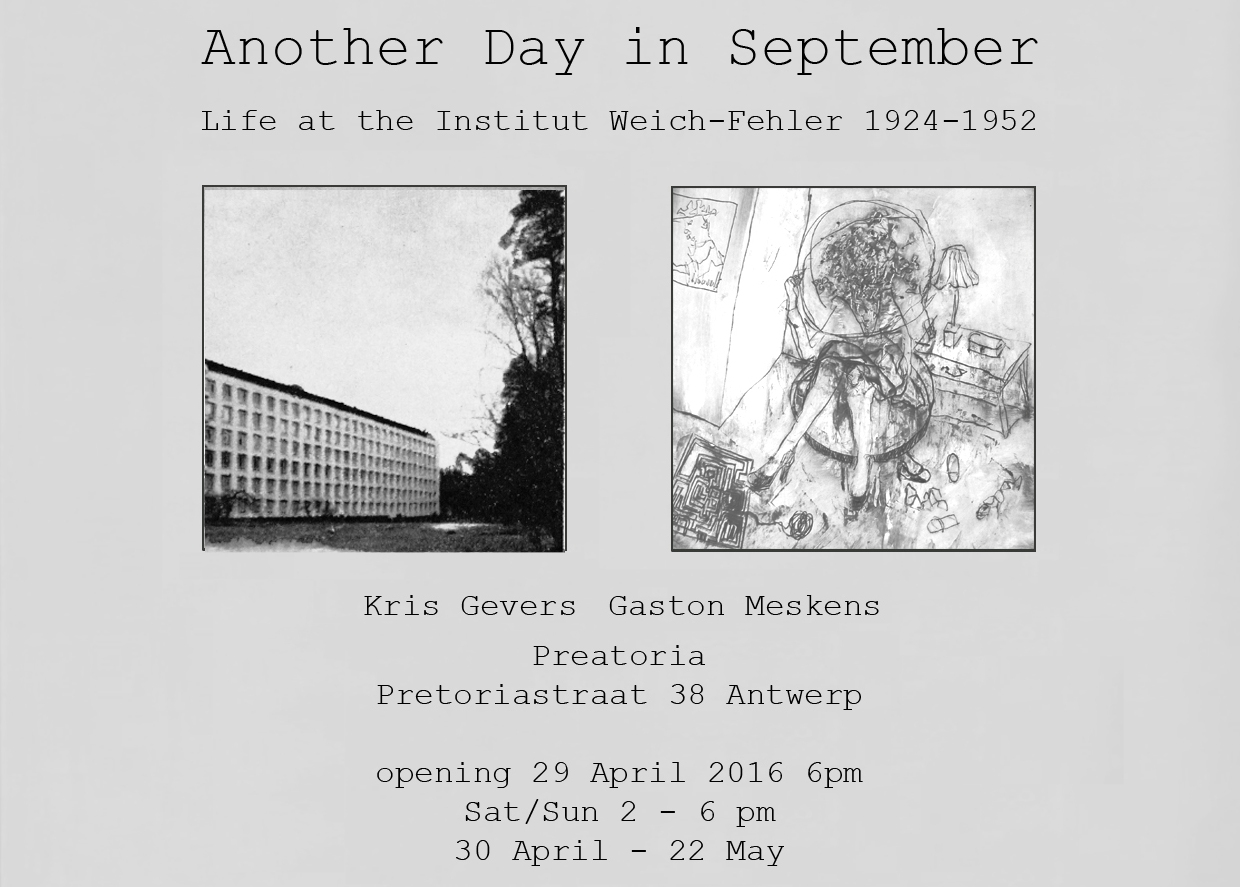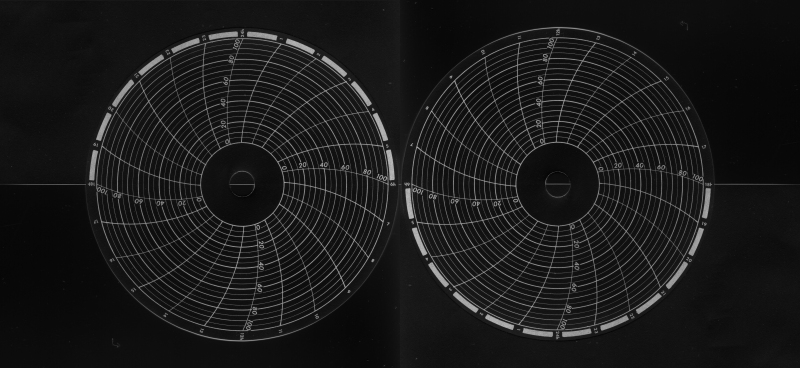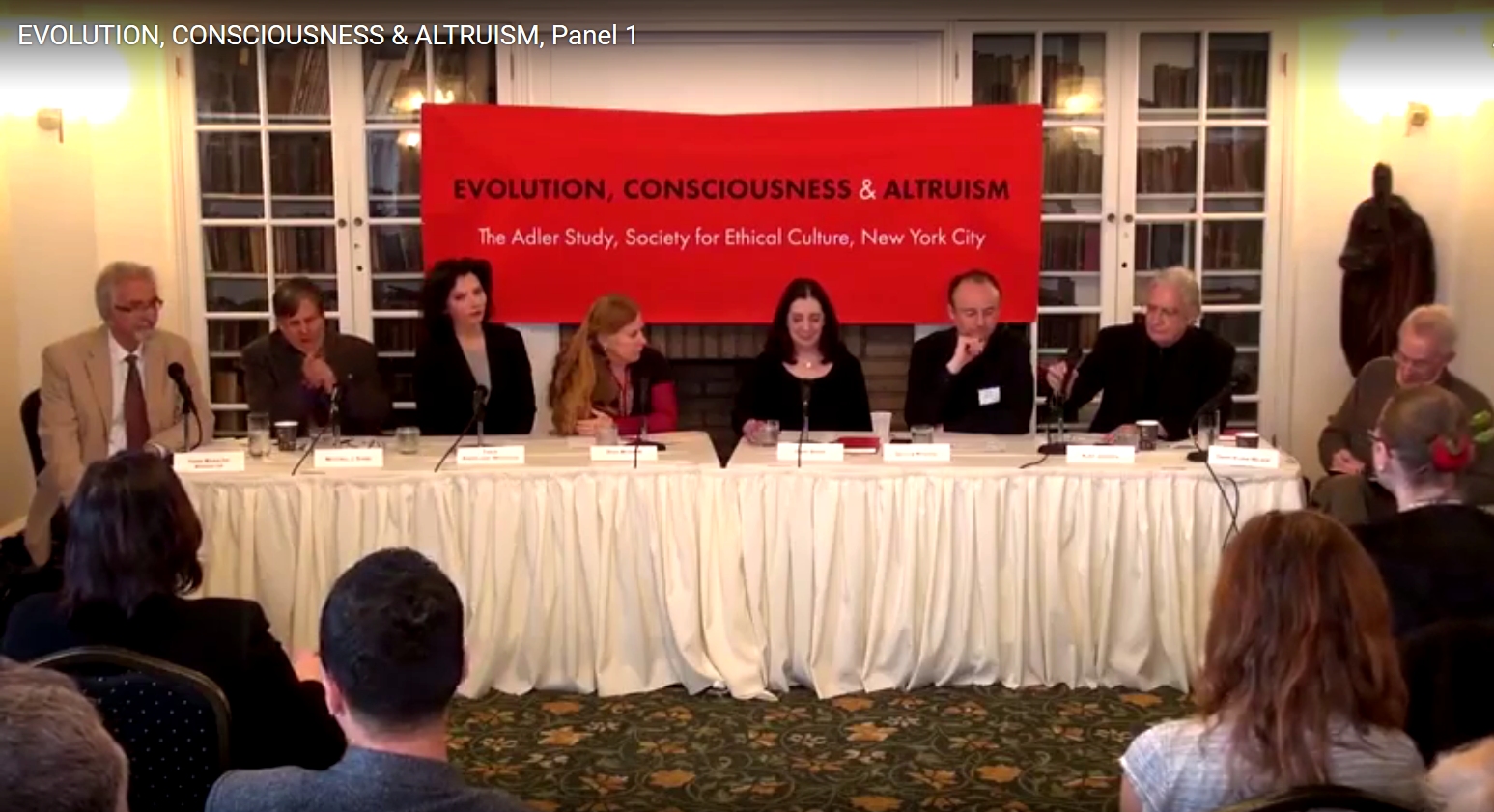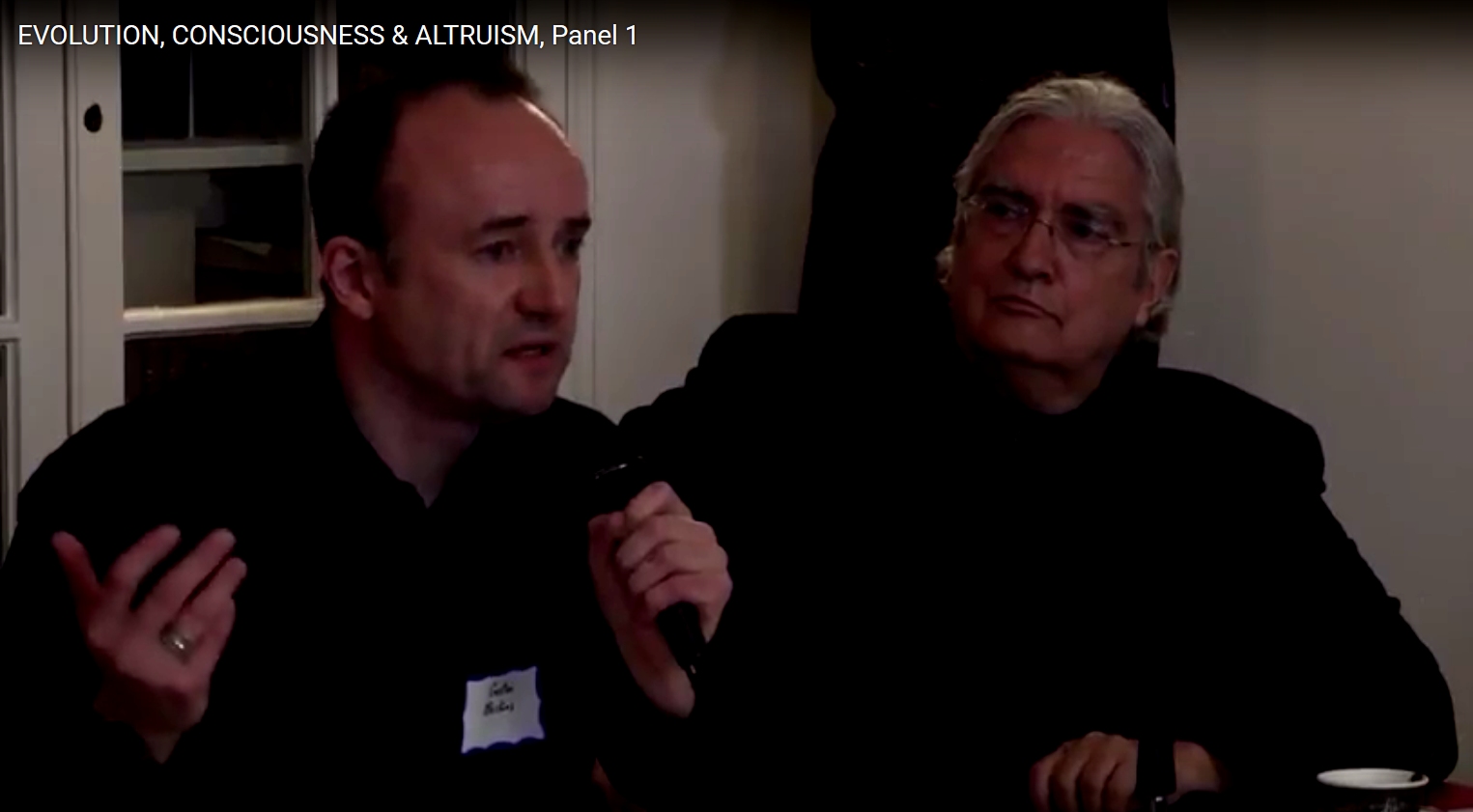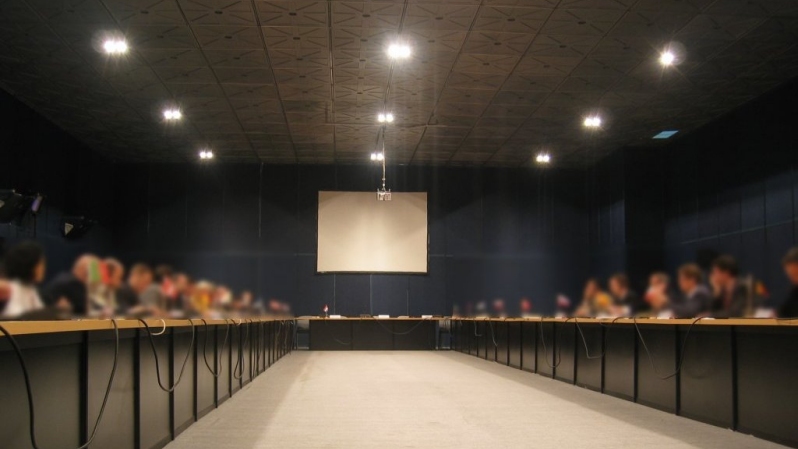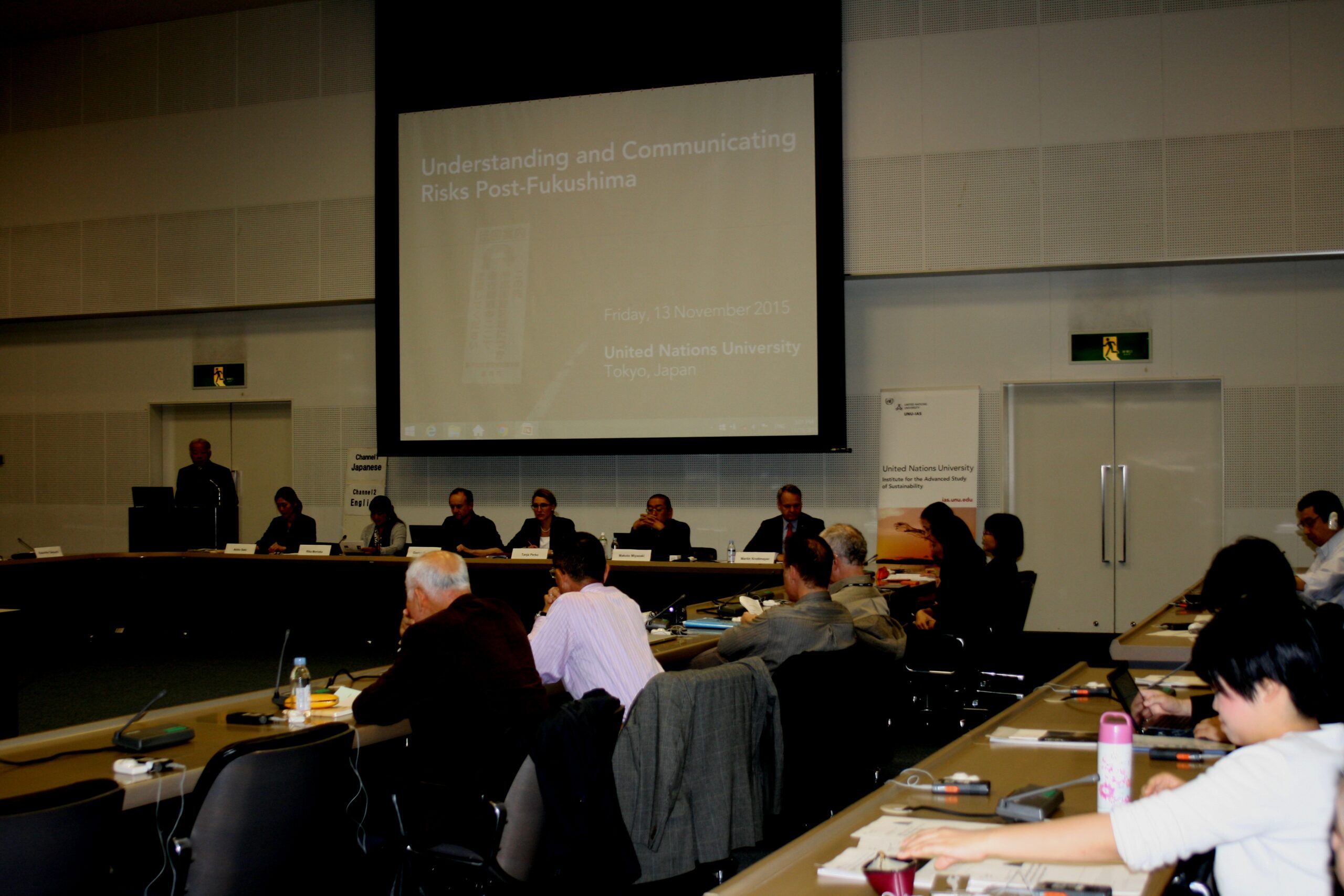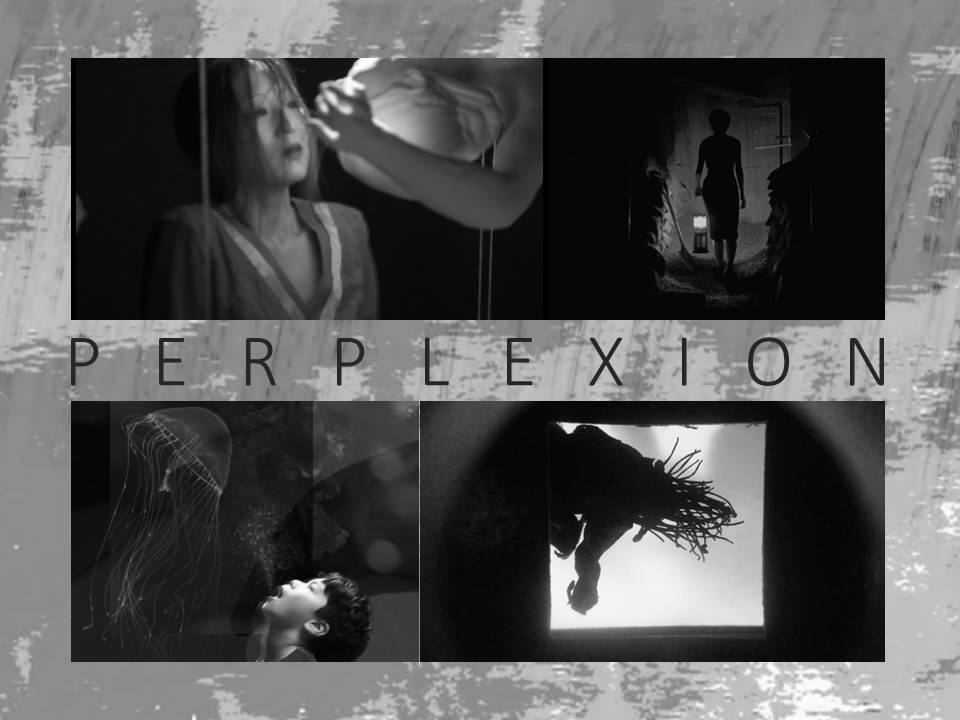
There we go again. Confirmed dates and venues of the spring and early summer 2016 Philosophical Activism tour. Let me know if you are around with time to go downtown.
Bhopal, India, 29 – 30 March
Raipur, India 31 March – 2 April
Warsaw, 6 – 8 April
New York, 9 – 14 April
Barcelona, 18 – 19 April
Cape Town, 7 – 14 May
Berlin, 21 – 23 May
Madrid, 24 – 25 May
Bucharest, 1 – 4 June
Kuopio, Finland, 6 – 10 June
Stockholm, 12 – 15 June
Ottawa, Canada, 19 – 22 July
Hangzhou, 25 – 28 July
Shanghai, 29 – 31 July
More destinations may be added soon. Watch this space.


the PhɅAct Collective – Vigilant to suspicious use of poetical concepts in political context
the philosophical activism tour – previous interventions:
Paris, 30 November – 11 December 2015, UNFCCC conference
Representing the Constituency of Research Oriented and Independent Non-governmental Organisations to the UNFCCC at the 21th United Nations climate change conference (21th session of the Conference of the Parties and the 11th session of the Conference of the Parties serving as the meet ing of the Parties to the Kyoto Protocol)
Jülich, 17 – 18 December 2015, Aachen University of Applied Sciences, Campus Jülich
Invited seminar on ethics
Lisbon, 14 – 15 December 2015, Institute of Social Sciences, University of Lisbon
EUROFUSION Socio-Economic Studies meeting
Madrid, 24 – 25 November 2015, Universidad Politécnica de Madrid
Invited seminar on ethics
Tokyo, 12 – 13 November 2015, UNU Workshop “Understanding and communicating risks post-Fukushima” United Nations University Headquarters
Invited lecture ‘Beyond paternalism and strategy: understanding radiological risks as a mutual learning experience’
Delft, 9 November 2015, Technical University of Delft
Invited lecture ‘Werkcollege ethiek en stralingsbescherming’
Paris, 4 November 2015, NEA Headquarters
Meeting of the NEA Forum on Stakeholder Confidence
Seoul, 20 October 2015
Invited lecture on ethics at the 2015 World Conference of the International Commission on Radiological Protection
Bratislava, 9 October 2015, Slovak Parliament
Invited lecture ‘Etické vhl’ady a reflexie energetiky: analýza pripadových štúdií – Interaktivny workshop’
Bratislava, 8 October 2015, Goethe Institute
Invited lecture ‘Overcoming the Framing Problem – Critical reflections on the EURATOM R&D programme and on the consequences for the PLATENSO Project’
New York, 25 – 27 September 2015, United Nations Headquarters
United Nations Summit to adopt the post-2015 development agenda
Tokyo, 20 – 22 September 2015, The 2015 Citizen-Scientist International Symposium on Radiation Protection
Invited lecture ‘“The Right to be Responsible” – Ethical reflections on risk assessment in post-nuclear accident situations’
Invited lecture ‘The Consolatory Practice of Leaving – On reflexivity as art activism in the age of populism, positivism and profitism’
Tokyo, 18 September 2015, Sophia University
Invited lecture ‘Dealing with low dose radiological risk: The challenge of striving for democratic justice and societal trust and peace in the absence of scientific evidence’
Uppsala, 4 August 2015, WNU Summer Institute
Invited lecture ‘The trouble with justification: exploring the ethical dimensions of risk-inherent energy technology assessment’
Paris, 24 June 2015, IYNC Conference
Invited lecture ‘The Trouble with Justification – In search of an ethics of method for energy governance’
Brdo, 18 June 2015, Ricomet Conference, Brdo Castle
Invited Lecture ‘On the ethical imperative of self-reflection in radiation protection research’
Fukushima, 2 June 2015, Fukushima Medical University
Invited lecture ‘”The Right to be Responsible” – Ethical reflections on risk assessment in post-nuclear accident situations.’
Nagoya, 4 June 2015, United Nations University Chubu Regional Centre of Expertise on Education for Sustainable Development
Invited lecture ‘”The Right to be Responsible” – Ethical reflections on risk assessment in post-nuclear accident situations.’
Tokyo, 5 June 2015, International Peace Research Institute, Meiji Gakuin University
Invited lecture ‘”The Right to be Responsible” – Ethical reflections on risk assessment in post-nuclear accident situations.’
Delft, 1 – 2 June 2015, University of Delft
Lecture ‘Nuclear Energy in its socio-political context’
Stockholm, 25 27 May 2015, SENIX Conference
Invited lecture ‘Beyond Controversy and Diplomacy – An Ethical Perspective on Energy Governance’
Sofia, 21 April 2015, Center for the Study of Democracy
Organisation of the workshop ‘The Science, Politics and Ethics of Nuclear Technology Assessment’
Bucharest, 26 March 2015, University of Bucharest, Faculty of Philosophy
Organisation of the workshop ‘The Science, Politics and Ethics of Nuclear Technology Assessment’
Sofia, 24 March 2015, Center for the Study of Democracy
Preparatory meeting for the workshop ‘The Science, Politics and Ethics of Nuclear Technology Assessment’
Dublin, 25 February 2015, Trinity College
Invited lecture at the Workshop ‘Lightening the Dark Side of Science’
Madrid, 4 – 6 February 2015, Technical University of Madrid
Invited lecture at the Second European Workshop on the Ethical Dimensions of the Radiological Protection System
New York, 20 – 25 January 2015, United Nations Headquarters
Sustainable Development Goals Post-2015 Negotiating Session and meeting of Forum 21
Münich, 15 – 16 January 2015, bundesamt für strahlenschutz Campus
Interventions on ethics and radiological protection, OPERRA Project
Athens, 19 – 20 December 2014,
Invited seminar on ethics (part of the Postgraduate Educational Course on Radiation Protection and the Safety of Radiation Sources of the International Atomic Energy Agency)
Lima, 1 – 12 December 2014, UNFCCC conference
Representing the Constituency of Research Oriented and Independent Non-governmental Organisations to the UNFCCC at the 20th United Nations climate change conference (Twentieth session of the Conference of the Parties and the tenth session of the Conference of the Parties serving as the meet ing of the Parties to the Kyoto Protocol)
Jülich, 1 – 2 December 2014, University of Aachen
Invited seminar on Ethics
Amsterdam, 27 November 2014, Rijksakademie Amsterdam
Invited lecture ‘The Consolatory Practice of Leaving – On reflexivity as art activism
in the age of populism, positivism and profitism’ at the Rijksakademie Open 2014 event
Barcelona, 25 – 26 November 2014
The Science, Politics and Ethics of Nuclear Technology Assessment – Working meeting of the PLATENSO project
Bucharest, 20 November, University of Bucharest, Faculty of Philosophy
Invited lecture ‘An ethical approach to issues of democracy and science as policy advice in the context of (nuclear) energy policy’
Antwerp, 19 november 2014
Invited lecture ‘Welkom in het tijdperk van de reflexiviteit’ at the stRaten-generaal congres “Democratie Vandaag – Nieuwe mogelijkheden voor overheid en burgers”
Durham (UK), 30 – 31 October 2014, Durham University
3rd Workshop on Philosophical Activism
Barcelona, 10 October 2014
Kick-off meeting of the EUROFUSION Project 2014 – 2018
New York, 22 – 28 September 2014, United Nations Headquarters
United Nations General Assembly
Oxford, 22 July 2014, Christ Church College, Oxford University
Lecture ‘The trouble with justification – Exploring the ethical dimensions of risk-inherent energy technology assessment’ at the World Nuclear Association Summer Institute
Burgos (Spain), 10 July 2014
Workshop ‘The Trouble with Justification’ at the IYNC Conference
Ghent, 26 – 27 June 2014, University of Ghent
Lecture ‘Are there workable worldviews for global governance?’ at the Internation Global Studies Conference ‘Critical and interdisciplinary perspectives’
Budweiss, 17 – 19 June 2014
Workshop on the Ethics of Radiological Risk Governance with the European OPERRA researchers network.
Bratislava, 16 June 2014
Lecture ‘Ethical Foundation of Energy Governance’ for the Ministerial Plenary of the European Nuclear Energy Forum
Warsaw, 12 – 13 May 2014, Civitas College, Warsaw Palace of Culture
Workshop ‘Exploring the science, politics and ethics of nuclear technology assessment’
Madrid, 5 – 6 June 2014 (date tbc), Technical University of Madrid
Lecture The Ethics of Radiological Risk Governance for master students
Warsaw, 12 – 13 May 2014, Polish Ministry of Economy
Preparation of te workshop ‘Exploring the science, politics and ethics of nuclear technology assessment’ with the European PLATENSO researchers network
Ramapo (New Jersey), 5 April 2014, Ramapo College
Workshop – Converging on a peoples transformative agenda for sustainable development post 2015
New York, 31 March – 4 April 2014, United Nations, UN Headquarters
10th UN OpenWorking Group on the Sustainable Development Goals
New York, 1 – 8 February 2014, United Nations, UN Headquarters
8th Meeting of the UN Open Working Group on Sustainable Development Goals
Rome, 27 – 28 January 2014, Istituto Superiore di Sanità
Meeting on the need for stakeholder involvement for the European OPERRA researchers network
Aachen, 22 January 2014, Technical University of Aachen
Lecture The Ethics of Radiological Risk Governance for master students
Milano, 16 – 18 December 2013, University of Milan
1st European Workshop on the Ethical Dimensions of the Radiological Protection System
Munich, 10 – 11 December 2013, Max Planck Institute
Project The Politics of Hypothesis – discussion
Luxemburg, 3 December 2013, European Commission
Intervention at the meeting of the European Nuclear Energy Forum
Manchester, 27 – 28 November 2013
Lecture The Ethics of Radiological Risk Governance for managers
Warsaw, 16 – 22 November 2013, UNFCCC conference
19th Conference of the Parties to the United Nations Framework Convention on Climate Change
Ghent, 25 October 2013, University of Ghent
Organisation of the 2nd workshop on Philosophical Activism, CEVI, University of Ghent
Brussels, 9 – 10 October 2013,
Workshop on the Ethics of Radiological Risk Governance with the European MELODI researchers network.
Bratislava, 25 – 26 September 2013
Track ‘The Science, Politics and Ethics of Nuclear Technology Assessment’, kick-off meeting of the European Commission PLATENSO research project
New York, 21 – 24 September 2013
Participation in a set of meetings on the Millennium Development Goals, the Post-2015 Agenda and the Sustainable Development Goals, organised by civil society and the United Nations
Barcelona, 19 September 2013
Lecture ‘Social Research On Fusion – Dialogues with stakeholders working at the research-policy interface’ at the Satellite Meeting on the Socio-economic dimensions of Fusion Energy
Brussels, 11 September 2013
Organisation of a panel discussion ‘Researching radioactive waste governance and environmental remediation: constructing a credible story of societal relevance’ at the 15th International Conference On Environmental Remediation And Radioactive Waste Management
London, 6 September 2013
Track ‘The Science, Politics and Ethics of Nuclear Technology Assessment’, meeting on stakeholder involvement in the context of the European Commission 7th Framework Programme Research Project OPERRA.
Ljubljana, 18 – 22 August 2013
Track ‘The Science, Politics and Ethics of Nuclear Technology Assessment’, kick-off meeting of the European Commission EAGLE research project
Vienna, 24 – 26 July 2013
Lecture ‘The Ethics of Radiological Risk Governance’, International Atomic Energy Agency Meeting of Directors of the Postgraduate Educational Course on Radiation Protection and the Safety of Radiation Sources, IAEA headquarters.
Vienna, 11 – 13 June 2013
Meeting of the Blue Frog Society (an activist art collective based in Vienna).
Paris, 17 – 18 June 2013
Lecture ‘Reflection on the meaning of ethics related to radiological protection’, Kick-off meeting of the European Commission 7th Framework Programme Research Project OPERRA.
Buenos Aires, 25 April 2013
Lecture ‘The Trouble with Justification’, seminar ‘Nuclear Policy in Argentina and the World’, organised by the Nuclear Regulatory Authority of Argentina in cooperation with the Argentinian Universidad de San Andrés and the Argentinian Universidad Nacional de San Martín.
Brussels, 8 – 10 April 2013
Lecture ‘Lecturing ethics in courses on radiological protection and nuclear engineering’, Symposium of the Belgian Association of Radiological Protection.
Tunis, 27 March 2013
Organisation of the workshop ‘The human rights principle for sustainable development governance’, World Social Forum 2013, University Campus El Manar
Bonn, 20 – 22 March 2013
Participation in the Global Civil Society Organisations Conference ‘Advancing the Post-2015 Sustainable Development Agenda’, organised by the Berlin Civil Society Centre.
Vienna, 13 March 2013
Lecture ‘Considerations on Ethics in Radiological Protection Education and Training’, European Nuclear Society International Conference on Education and Training in Radiological Protection
Prague, 27 February 2013
Lecture ‘The Ethics of Radiological Risk Governance’, Technical University of Prague.
Mol, 22 February 2013
Lecture ‘The Ethics of Justifying Nuclear Technology Applications’, International Course on ‘Radiation-induced effects with particular emphasis on genetics, development, teratology, cognition as well as space-related health issues’.
Brussels, 20 – 21 February 2013
Organisation of a workshop ‘Exploring the Science, Politics and Ethics of Nuclear Technology Assessment’.
Ghent, 15 February 2013
Organisation of the first workshop on Philosophical Activism & Lecture ‘When Poetry becomes Suspicious – On the need for philosophical activism for global governance’, CEVI Workshop on Philosophical Activism, University of Ghent
Tokyo, 29 January 2013
Lecture ‘The human rights principle for sustainable development governance’, Earth Systems Governance Tokyo Conference ‘Complex Architectures, Multiple Agents’, United Nations University Headquarters.
Ghent, 18 January 2013
Lecture ‘The Human Rights Principle for Sustainable Development Governance’ at the Centre for Sustainable Development of the University of Ghent.
Luxemburg, 19 December 2012
Discussion interventions at the European Nuclear Energy Forum Symposium, European Commission Luxemburg offices.
Manchester, 10 December 2012
Lecture ‘new adventures in knowledge transfer’, Workshop “Knowledge transfer – building bridges between generations”, European Nuclear Conference
Paris, 7 December 2012
Discussion interventions at the Workshop “Nucléaire et Sciences Sociales Après Fukushima” organised by the French National Council for Scientific Research CNRS.
Brussels, 4 – 5 December 2012
Discussion interventions at the European Roundtable on the implementation of the Aahrus Convention in the context of nuclear safety, organised by the European Economic and Social Council of the European Commission.
Paris, 12 November 2012
Moderation of a discussion on the normative grounds for scientific research as part of the Strategic Research Agenda (SRA) Workshop of the European Radioecology Alliance.
Berlin, 5 October 2012
Lecture ‘A politics of confrontation for sustainable development governance’, Berlin Conference on the Human Dimensions of Global Environmental Change, Free University of Berlin.
Rome, 19 September 2012
EFDA Modelling Assessment Workshop: organisation of a workshop on the critical analysis of the usability of computer modelling assisted scientific foresight in the frame of energy governance, as part of the Socio-Economic Research on Fusion programme under the EC European Fusion Development Agreement.
Brussels, 21 August 2012
Opinion essay “Energiebeleid, zonder de mythes, met of zonder Doel 3 – Over de mythes dat er een rationele logica zou bestaan voor risicobeheer en dat de vrije energiemarkt de motor van energiebeleid kan zijn.” Opinion essay for the newspaper De Morgen, finally withdrawn at own initiative.
Charlotte (US), 5 – 10 August 2012
Interactive Workshop on the Ethics of Technological Risk Governance
Rio de Janeiro, 11 – 23 June 2012
Organising a workshop on a human rights based approach to sustainable development and working on the Equity Treaty at the United Nations World Summit on Sustainable Development.
London, 25 – 29 March 2012
Presenting the “The Possibility of global Governance” Project at the Conference “Planet Under Pressure”
New York, 18 – 24 March 2012
United Nations Rio+20 Summit Intersessionals at the UN HQ
Ghent, 12 March 2012
Workshop “After 9/11 ‐ The Politics of Terror and the Terror of Politics”, Centre for Ethics and Value Inquiry, University of Ghent
Madrid, 5 – 6 March 2012
The Ethics of Technological Risk Governance – Meeting on Transdisciplinarity in Education and Training
Brussels, 21 – 22 February 2012
Organised workshop “Exploring the Science, Politics and Ethics of Nuclear Technology Assessment”
Warsaw, 12 – 16 February 2012
Presentation “Public Reflexivity and its discomforts” at the ENS PIME Conference
Munich, 24 – 25 January 2012
Preparing an Energy Modelling Assessment workshop for the European Fusion Development Agreement Socio-Economic Research on Fusion programme
New York, 15 – 20 January 2012
United Nations Rio+20 Summit Intersessionals at the UN HQ
Madrid, 10 – 13 January 2012
The Ethics of Technological Risk Governance – Meeting on Transdisciplinarity in Education and Training
Cape Town & Durban, 28 November – 11 December 2011
United Nations Climate Change Conference
New York, 13 – 18 December 2011
United Nations Rio+20 Summit Intersessionals at the UN HQ
Geneva, 10 – 11 October 2011
United Nations Research Institute for Social Development conference
Bonn, 3 – 5 September 2011
64th Annual United Nations DPI/NGO Conference “Sustainable Societies; Responsive Citizens”
Kuala Lumpur, 9-10 May 2011
Invited lecture “The Ethics of Radiological Risk Governance”, International Course for Inspectors organised by the International Atomic Energy Agency
Brussels, 27 April 2011
Invited expert to the Meeting of the Working Group on the Ethics of Nanotechnologies of the UNESCO World Commission on the Ethics of Scientific Knowledge and Technology (programme & participants)
Brussels, 11 April 2011
The Trouble with Justification’, invited lecture in the ‘Aarhus Convention and Nuclear Energy’ symposium organised by the University of Brusels and SCK-CEN
Cyprus, 28 – 30 March 2011
Coordination of Reflection Group on “Establishing a transdisciplinary knowledge base for nuclear safety and radiological protection”
Karlsruhe, 28 March 2011
Invited lecture “The Ethics of Radiological Risk Governance”, Karslruhe Institute of Technology
Karlsruhe, 21 March 2011
Invited lecture “The Ethics of Radiological Risk Governance”, Karslruhe Institute of Technology
Lisbon, 14 – 16 March 2011
Invited lecture “The Ethics of Radiological Risk Governance”, ITN – Institute for Nuclear Technology, Lisbon
New York, 6 – 8 March 2011
United Nations Commission on Sustainable Development Preparatory committee for the World Summit on Sustainable Development.
Cancun, 29 November – 10 December 2010
United Nations Climate Change Conference, COP16 & Kyoto Protocol COP/MOP 6
Lisbon, 10 – 12 Nov 2010
Lecture “The Last Paradigm? Deliberate Visions on a Sustainable World” at the International Conference “Intellectual Topographies and the Making of Citizenship”, University of Lisbon
Ghent, 18 – 19 Oct 2010
Research interactions at the International Conference on “Moral Responsibility – Analytic Approaches, Substantive Accounts and Case Studies”, Centre for Ethics and Value Inquiry, University of Ghent, Belgium
New York, 20-24 Sept 2010
Study visit
Paris, 15 September 2010
10Y Anniversary Colloquium of the Forum on Stakeholder Confidence in Radioactive Waste Governance
New Haven, 17-19 Sept 2010
Lecture “Governance Through Better Relativism – Seven Challenges to a Future Climate Change Debate” and research interactions at the 2nd Yale-UNITAR International Conference on Environmental Governance and Democracy, Yale University
Vienna, 22 – 24 June 2010
Invited contribution to the Technical Committee Meeting on Public Perception of Fast Reactor Technology, International Atomic Energy Agency
Barcelona, 28 May 2010
Start-up meeting of the Integrated Sustainability Assessment of Energy Governance project
Princeton, 08 May 2010
Debating the Nuclear Weapons Convention – Observing and reporting on the preparation of a negotiations simulation exercise by 20 international students
New York, 01 – 10 May 2010
United Nations Review Conference on the Non-Proliferation Treaty
New York, 01 – 10 May 2010
United Nations Commission on Sustainable Development 18th session
Luxemburg, 08 April 2010
Contribution ‘Research analysis of the Belgian radioactive waste governance approach’ to the EC European roundtable on the Implementation of the Aarhus Convention
Palermo, 09 March 2010
Invited lecture ‘Beyond the search for truth – analysing what complicates the societal justification of nuclear technology’ for the EC ICARO Course [pdf]
Brussels, 19 March 2010
Invited lecture ‘The Ethics of Energy Governance’ for the EU-40 Group
Ghent, 5 March 2010
Lecture ‘The Possibility of Global Governance’ at the Ghent University Faculty of Arts and Philosophy [pdf]
Brussels, 23 February 2010
Research interaction at the EFONET Workshop
Brussels, 30 January 2010
Invited statement on the ethics of participatory decision making in the context of radioactive waste governance at the Public Forum organised by the King Baudouin Foundation
Copenhagen, 7 – 18 December 2009
United Nations Climate Change Conference, COP15 & Kyoto Protocol COP/MOP 5
Garching, 26 November 2009,
Max Planck Institute Meeting on the future research needs in the frame of the Socio-economic Research on Fusion (SERF) programme of the European Fusion Development Agreement of the EC
Lisbon, 8 – 11 November 2009
Invited lecture on “Lecturing ethics in courses on radiological protection and nuclear technology assessment: feedback on 5y of academic experience”
Sevilla, 27 – 30 October 2009
Invited lecture on “Transparency and Public Acceptance – a critical analysis of the complexity of nuclear technology assessment”, Annual conference of the Spanish Nuclear Society
Cumbria, 19-21 October 2009
CARL Workshop on the future research in social sciences and humanities on societal aspects of radioactive waste governance
Paris, 7 – 8 October 2009
Research contribution on the “European Guidelines for Inclusive Radioactive Waste Governance” in the frame of the Cowam in Practice project
Helsinki, 23 – 25 August 2009
Research contribution “Theoretical Perspectives on Participation and Democracy” to the ARGONA project
Paris, 6 – 7 July 2009
Research interactions at the CIPAST conference “Governing Uncertainty: The Contribution of Social Sciences to the Governance of Risks in Environmental Health”
Bucharest & Constanta, 17 – 19 June 2009
Lecture on ‘The Ethics of Inclusion and Compensation’ in the frame of the Radioactive Waste Governance research programme
Stockholm, 5 – 11 June 2009,
VALDOR Conference Lecture ‘Happenings at the science-policy interface – The case of radioactive waste governance’ (pdf)
Cordoba, 19 – 25 May 2009,
EYGN Forum Invited lecture on ‘Aspects of Participation and Transparency in Nuclear Technology Assessment’ (in the frame of the project ‘A Philosophy of Justification – the case of technology assessment’ (pdf)
Bergen, Norway, 10 – 12 May 2009,
World Social Science Forum presentation of the research outline of the project ‘The Possibility of Global Governance’
Paris, 23 – 25 March 2009
International Chambre of Commerce Headquarters Research interactions at the ICC Energy and Environment Commission
Uppsala, 16 – 19 March 2009
research interactions and input on the future European research policy on Risk Governance
Lisbon, 8 – 14 March 2009
Erasmus IP ICARO Course, University of Lisbon, ITN Lecture ‘Ethics and the Principle of Justification – the case of Nuclear Technology Assessment’
Manchester & St Bees, 9 – 13 February 2009
Research interactions on policy approaches in the frame of Inclusive Governance of Radioactive Waste
Berlin, 22 – 25 January 2009
Research and writing travel
Stockholm, 13 – 14 January 2009
Update research ‘Theoretical Perspectives on Participation and Democracy’, ARGONA project
Paris, 8 – 9 January 2009
Research interactions on the future European research policy on Risk Governance
Poznan, 01 – 12 December 2008
Research work at the 13th Conference of the Parties, United Nations Framework Convention on Climate Change
Paris, 24 October 2008
Discussion meeting on the Aarhus Convention in the context of governance of radioactive waste
Barcelona, 16 – 17 September 2008
Lecture on ‘Democratising the Science-Policy Interface’, EC FP6 OBRA Final Conference
Bucharest, 10 – 11 September 2008
Intervention on Aspects of Democracy in Inclusive Governance of Radioactive Waste – the Romanian context
Prague, 3 – 5 September 2008
Lecture – status update on the ‘Theoretical Perspectives of Participation and Democracy’ project
London, 26 – 27 June 2008
Intervention in the ENS Board meeting on research culture in nuclear technology assessment
Paris, 18 June 2008
Discussion on policy approaches in the frame of Inclusive Governance of Radioactive Waste
Prague, 13 – 14 June 2008
Lecture – status update on the ‘Theoretical Perspectives of Participation and Democracy’ project
Paris, 10 June 2008
Intervention on Aspects of Democracy in Inclusive Governance of Radioactive Waste – the French context
Porto, 24 May – 1 June 2008
Research and writing travel
New York, 09 – 17 May 2008
UN Headquarters Research work, CSD15, United Nations Commission on Sustainable Development
Budapest, 04 – 07 May 2008
NESTet Conference Lecture ‘Transdisciplinary Aspects of Education and Training in Radiological Risk Governance’
Bucharest, 14 – 16 April 2008
Intervention on Aspects of Democracy in Inclusive Governance – reflections on risk compensation
Nusa Dua, Bali, 3-14 December 2007
Research work and invited lectures on the use of knowledge in global decision making on complex problems, 13th Conference of the parties, United Nations Framework Convention on Climate Change
Paris, 23 May 2007
Conference ‘Intellectual capital for communities in the knowledge economy’
New York, 1-11 May 2007
United Nations Headquarters Research work, CSD15, United Nations Commission on Sustainable Development
Stockholm, 25 April 2007
Discussion meeting on research work ‘Theoretical perspectives on participation and democracy’
Lisbon, 23 March 2007
University of Lisbon Invited lecture on ‘Risk, transpareny and free choice – On the complexity of risk inherent technology assessment’
Prague, 7 February 2007
Technical University of Prague Invited lecture on ‘Ethical aspects of risk inherent technology applications’
Rauma (Finland), 2 February 2007
Vuojoki Castle Workshop and debates on deliberative democracy and stakeholder involvement
Amsterdam, 8 December 2006
Centrum De Brakke Grond Public statement on the clash between art and science on the occasion of the theatre piece ‘De utopie van het atoom’, in cooperation with Cie De Koe
Stockholm, 22-23 November 2006
Start research group on ‘Theoretical perspectives on participation and democracy’, ARGONA Project
Nairobi, 8-17 November 2006
Research work, COP12 Conference, United Nations Framework Convention on Climate Change
Ghent, 28-29 September 2006
Conference ‘Social Sciences and Democracy’
Prague, 13 September 2006
Invited talk on ‘A transdisciplinary approach to education and training’, 10th EAN Workshop
Stockholm, 21 June 2006
Workshop moderator ‘The Politics of Sustainable Development’
Brussels, 18 May 2006
Public talk on ‘The Art of Knowledge’, together with the author Kader Abdollah, Homo Universalis series, Vlaams-Nederlands Huis De Buren
Stockholm, 15-18 May 2006
Public statement on ‘The philosophy of risk and injustice’, VALDOR Conference
New York, 8 May 2006,
NY University, Dept Political Philosophy Workshop ‘Another state is possible’
New York, 2-12 May 2006
United Nations Headquarters Research work, CSD13, United Nations Commission on Sustainable Development
Ghent, 27-29 April 2006
Ghent University Conference on Global Ethics in Political Philosophy
history 1999 – 2006 is in archives – no time to complete the list



